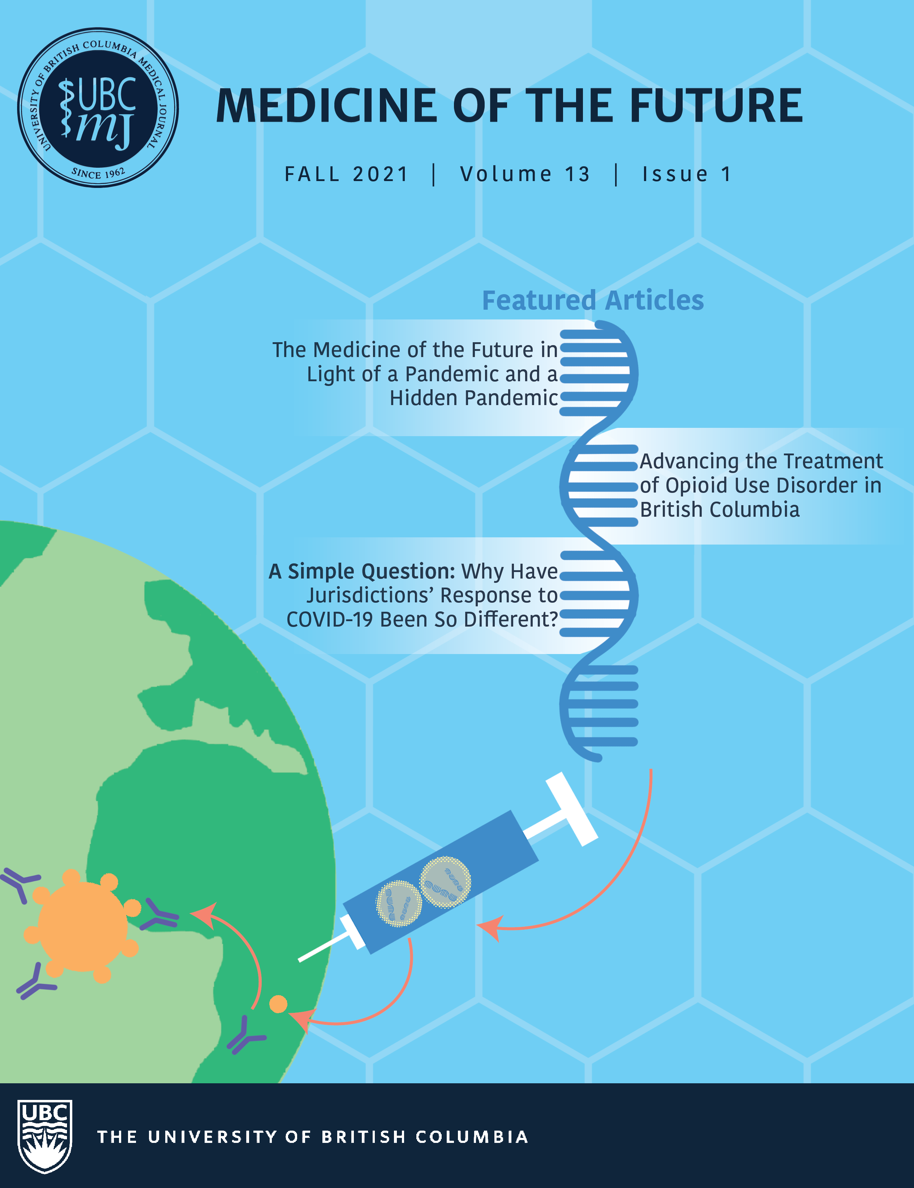New health-focused smartwatches represent a possible paradigm shift for disease screening, but at what cost?
Abstract
Smartwatches, like the Apple Watch, are a class of wearable devices that are growing in popularity. These devices possess sensors capable of collecting physiologic measurements like heart rate/rhythm data, electrocardiogram (ECG) tracings, and oxygen saturation levels. Industry-sponsored research is currently being conducted to investigate the possibility of smartwatches as disease-screening tools. However, the research methods and pervasiveness of these devices may result in an undue burden on the medical system, such as increasing the rate of false positive screening of relatively rare diseases. The purpose of this commentary is to summarize the technologic benefits of these devices whilst also drawing attention to the potential pitfalls of current commercially-driven research.

